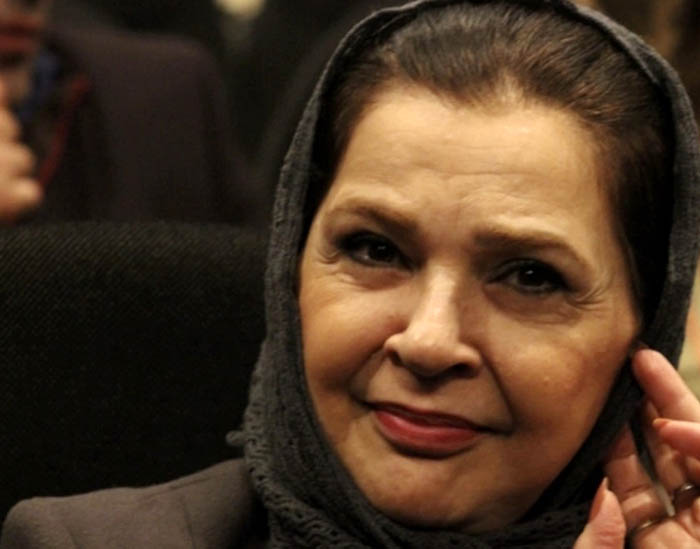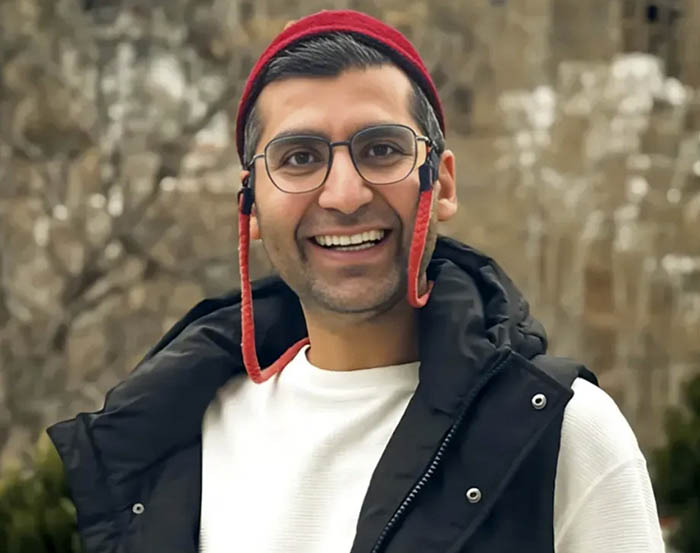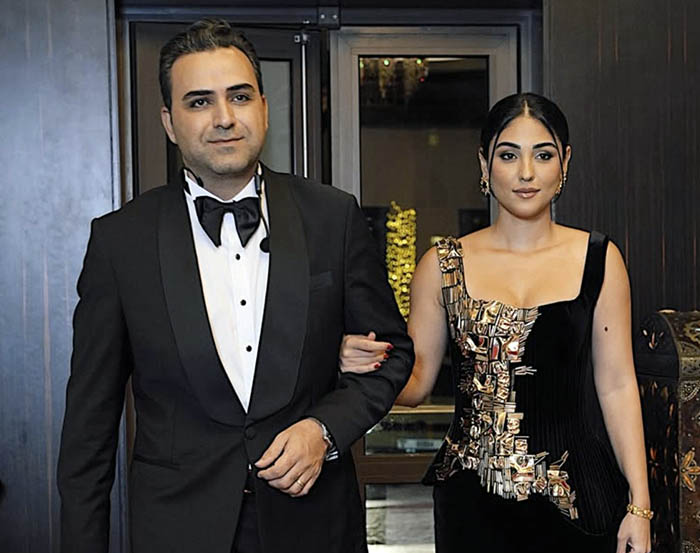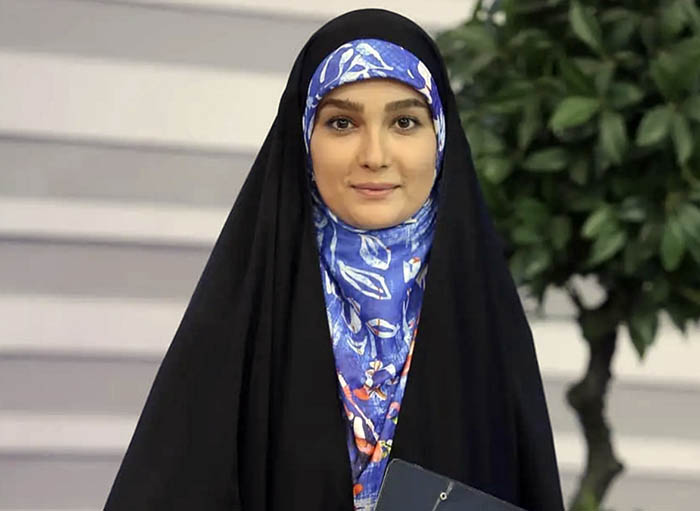Who is Fouad Izadi? Unpacking the Background and Controversies of the Broadcasting Corporation
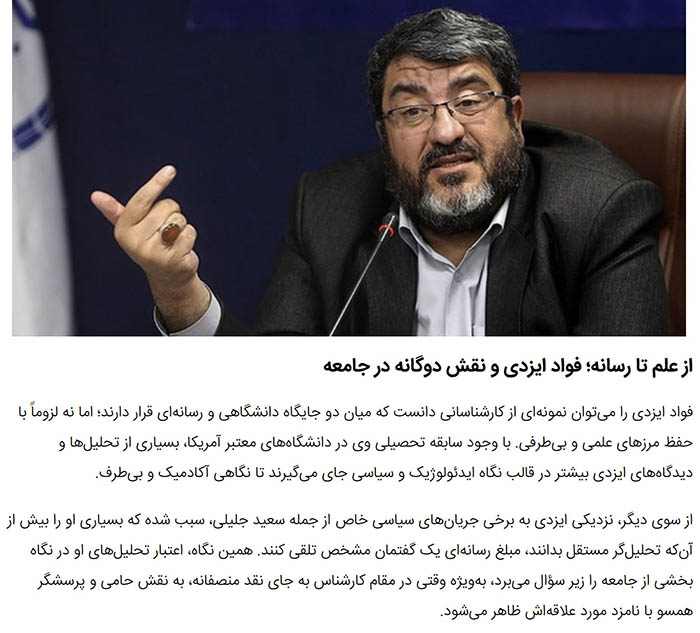
The Dual Role: Navigating Academia and Media with Political Bias
Fouad Izadi’s trajectory highlights the complex position of individuals who operate in both academia and the media, particularly within a state-controlled media environment. While his academic background in mass communication from American universities suggests a foundation for critical analysis, his media appearances often prioritize an ideological and political perspective over a purely academic and neutral one.
His proximity to certain political currents, as evidenced by his interactions with Saeed Jalili, further complicates his role. When an “expert” appears to be aligned with a specific political candidate and asks questions that are perceived as promotional rather than critical, it inevitably questions the credibility of the national media and the notion of impartial expertise. Many believe that an expert whose media discourse is consistent with a particular political figure’s rhetoric cannot effectively maintain a neutral role in a program designed for balanced discussion.
Conclusion: A Figure of Influence and Contention
Fouad Izadi remains a significant and controversial figure in the Iranian media landscape. His background, marked by years of education in the United States followed by a prominent role on state media as a vocal critic of the West, presents a unique and often debated narrative.
His consistent presence on IRIB programs, his sharp criticisms of American policies, and his perceived closeness to conservative factions have solidified his position as a key voice in shaping foreign policy narratives within Iran. However, his controversial statements and the perception of his role as more political than purely analytical have also drawn significant criticism and raised questions about the neutrality and credibility of the state media platforms that feature him.
The story of Fouad Izadi is more than just the biography of an individual; it is a reflection of the complex interplay between academia, media, and politics in Iran. His influence on public discourse, particularly regarding the West, is undeniable, and the debates surrounding his role and statements are likely to continue as long as he remains a prominent figure on the Iranian Broadcasting Corporation. Understanding his background and the controversies that surround him is essential for anyone seeking to navigate the nuances of media and political discourse in Iran.
